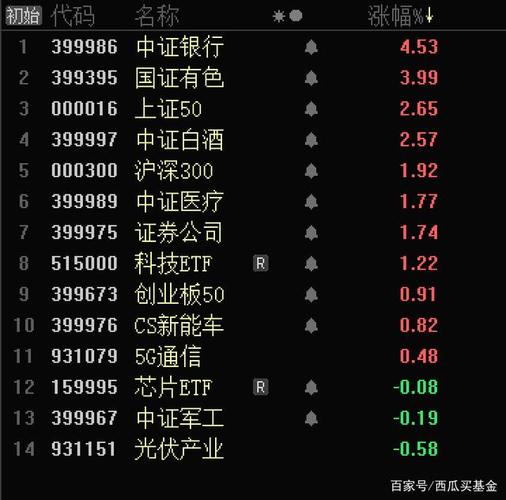Title: Understanding "T" in the Context of Funds Trading
In the realm of finance and investment, the term "T" often refers to "Trading" when discussing mutual funds or other investment vehicles. This practice, commonly known as "Fund Trading" or "Funds 'T' Trading," involves the swift buying and selling of fund shares within a short timeframe, often within the same trading day. Let's delve deeper into this concept to understand its implications, strategies, and potential risks.
What is "T" in Fund Trading?
Fund Trading, abbreviated as "T," denotes the rapid buying and selling of mutual fund shares or exchangetraded funds (ETFs) within a single trading day. Unlike traditional investment strategies aimed at longterm growth or income generation, Fund Trading focuses on exploiting shortterm market fluctuations to generate quick profits.
Strategies Involved in Fund Trading:
1.
Day Trading
: Day traders engage in buying and selling fund shares within the same trading day to capitalize on intraday price movements. They rely on technical analysis, chart patterns, and market trends to make rapid trading decisions.
2.
Scalping
: Scalpers aim to profit from small price changes by executing a large number of trades throughout the day. They focus on capturing small price differentials between bid and ask prices.3.
Swing Trading
: Swing traders hold fund shares for a few days or weeks, aiming to profit from short to mediumterm price fluctuations. They analyze both technical and fundamental factors to identify potential price swings.Advantages of Fund Trading:
1.
Potential for Quick Profits
: Fund Trading offers the opportunity to generate profits within a short timeframe, making it attractive to traders seeking immediate returns.2.
Liquidity
: Mutual funds and ETFs typically have high liquidity, allowing traders to enter and exit positions easily throughout the trading day.3.
Diversification
: Fund Trading allows traders to diversify their portfolios by gaining exposure to various sectors, industries, or asset classes through mutual funds or ETFs.Risks Associated with Fund Trading:
1.
High Volatility
: Fund prices can experience rapid and unpredictable fluctuations during the trading day, increasing the risk of significant losses.2.
Market Timing Risks
: Successfully timing the market is challenging, and mistimed trades can lead to losses or missed opportunities.3.
Trading Costs
: Frequent buying and selling of fund shares entail transaction costs, including brokerage fees and commissions, which can erode profits.Regulatory Considerations:
1.
Pattern Day Trading Rules
: In some jurisdictions, regulatory authorities impose restrictions on day trading activities, such as the pattern day trading rule in the United States, which requires traders to maintain a minimum account balance.2.
Tax Implications
: Depending on the holding period, profits from Fund Trading may be subject to different tax rates, such as shortterm or longterm capital gains taxes.Conclusion and Guidance:
Fund Trading, represented by the letter "T," offers an avenue for investors to capitalize on shortterm market movements and generate quick profits. However, it comes with inherent risks, including high volatility and trading costs. Before engaging in Fund Trading, investors should carefully consider their risk tolerance, investment objectives, and familiarity with trading strategies. Moreover, staying informed about regulatory requirements and tax implications is essential to ensure compliance and optimize returns. As with any trading activity, thorough research, disciplined execution, and prudent risk management are key to success in Fund Trading.
This brief overview provides insights into the concept of "T" in Fund Trading, shedding light on its strategies, advantages, risks, and regulatory considerations. Whether considering Fund Trading as part of an investment strategy or seeking to understand its implications, investors can benefit from a comprehensive understanding of this dynamic aspect of financial markets.











